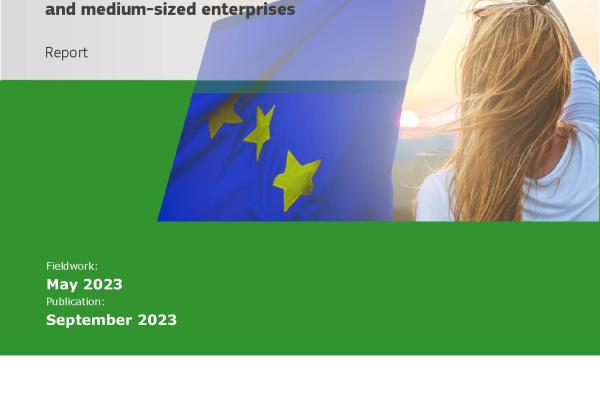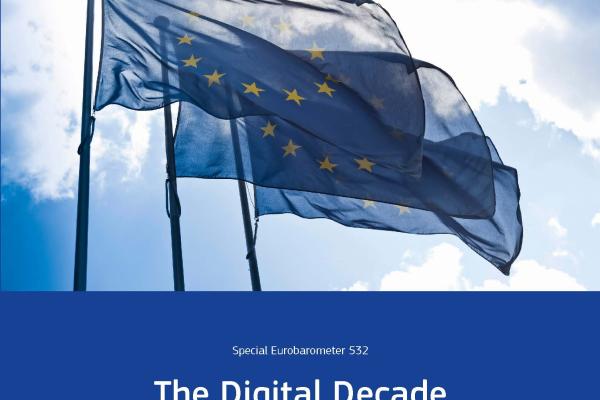The findings and publications linked here do not necessarily represent the views of the European Commission, unless specifically stated.
Filter by
Experts' Corner (54)
RSSThe research report, International Trends of Lifelong Learning in Higher Education, provides a comprehensive overview of the development of lifelong learning (LLL) in the higher education sector worldwide.
At the end of March 2020, 80 per cent of the world’s population lived in countries with required workplace closures. But among the hushed streets of cities and towns throughout the world, key workers left the safety of their homes to go to work.
The report covers the extent and consequences of the labour market disruption caused by overlapping economic and geopolitical crises and analyzes global patterns, regional differences and outcomes across groups of workers.
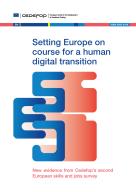
Achieving a just digital and green transition is at the heart of the European Union’s policy ambitions. The COVID-19 pandemic accelerated the digital transformation, abruptly transforming the way we live, work and learn.
The European Commission organised its second webinar as part of a series of events for Pact members to discuss and exchange with experts and with the Pact for Skills community.
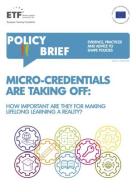
Micro-credentials are an emerging phenomenon all over the world. This policy brief, developed by the European Training Foundation, presents evidence, practices and advice to shape policies.
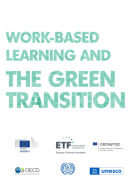
This study was developed by the Inter-Agency Working Group on Work-based Learning, which was set up in 2015. Members of the working group include the Cedefop, European Commission, ETF, ILO, OECD, and UNESCO.
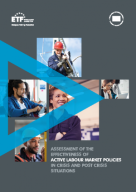
This report analyses the effectiveness of ALMPs, with particular focus on policy responses implemented in crisis and post-crisis situations, taking as reference the last major economic and social crisis (2008–10) and other crises that impacted the EU neighbourhood countries.
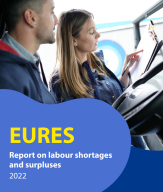
The report highlights labor shortages and surpluses in the EU, Norway, and Switzerland, driven by factors like gender-dominated occupations, technology, and an aging workforce. It stresses the need for education and training to address skills gaps.
This report serves a dual purpose. The first is to carry out the mandate conferred on UNESCO by the BFA, which documents CONFINTEA VI participants’ commitment to ‘regularly collecting and analysing data and information.


